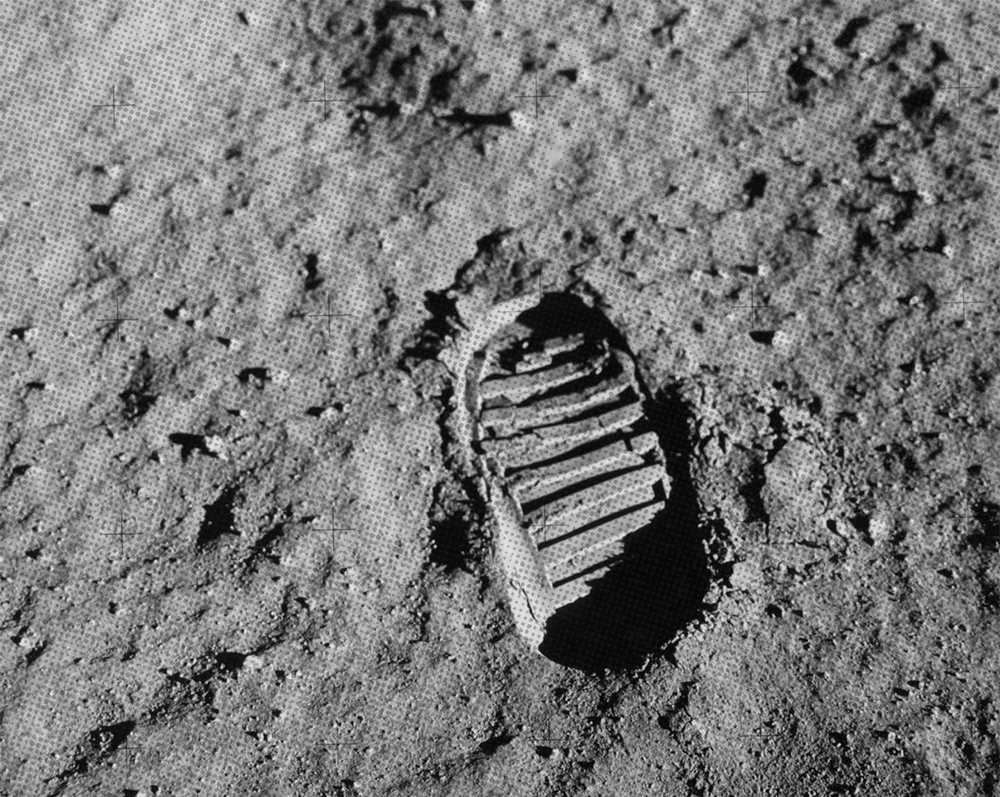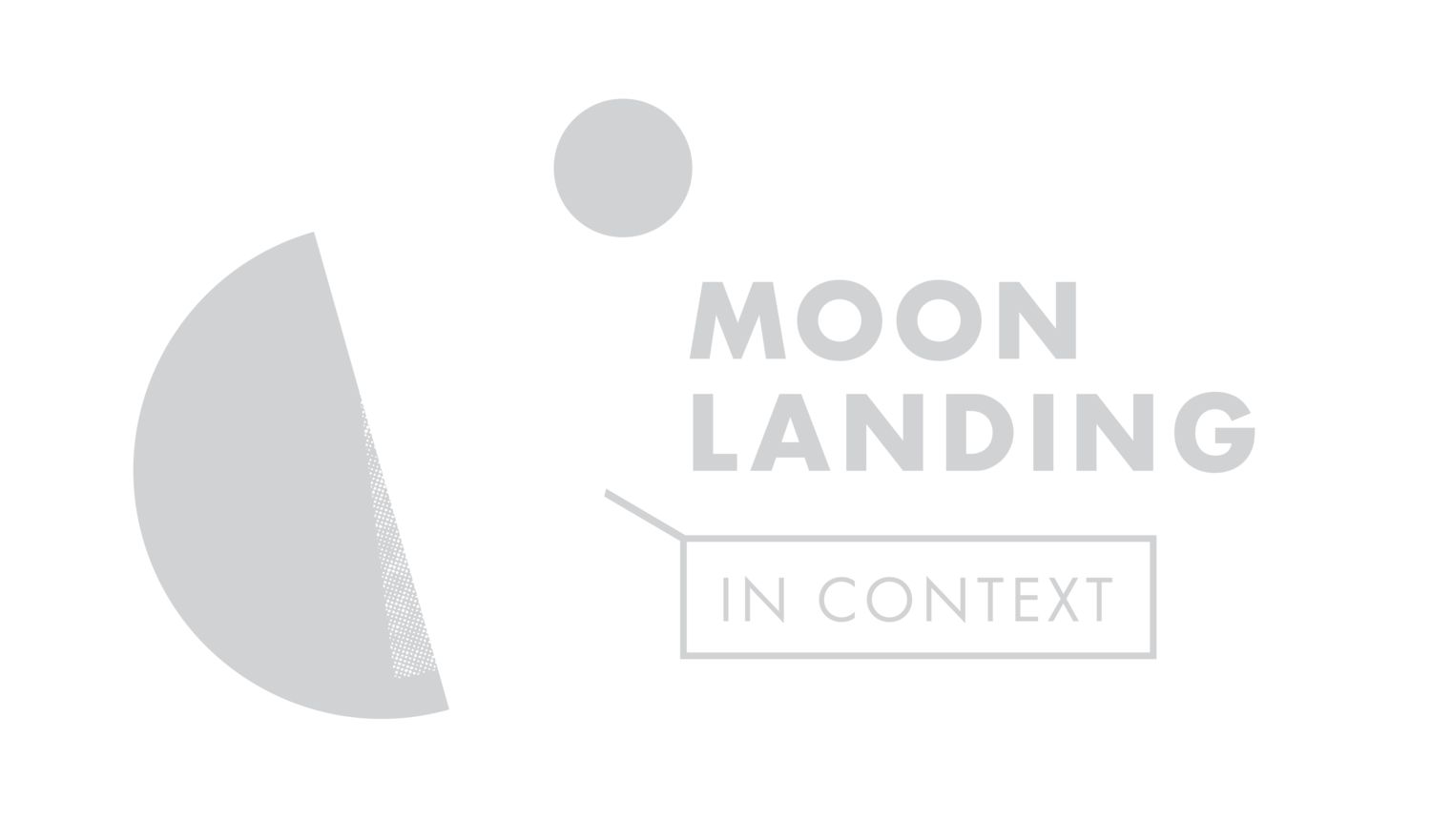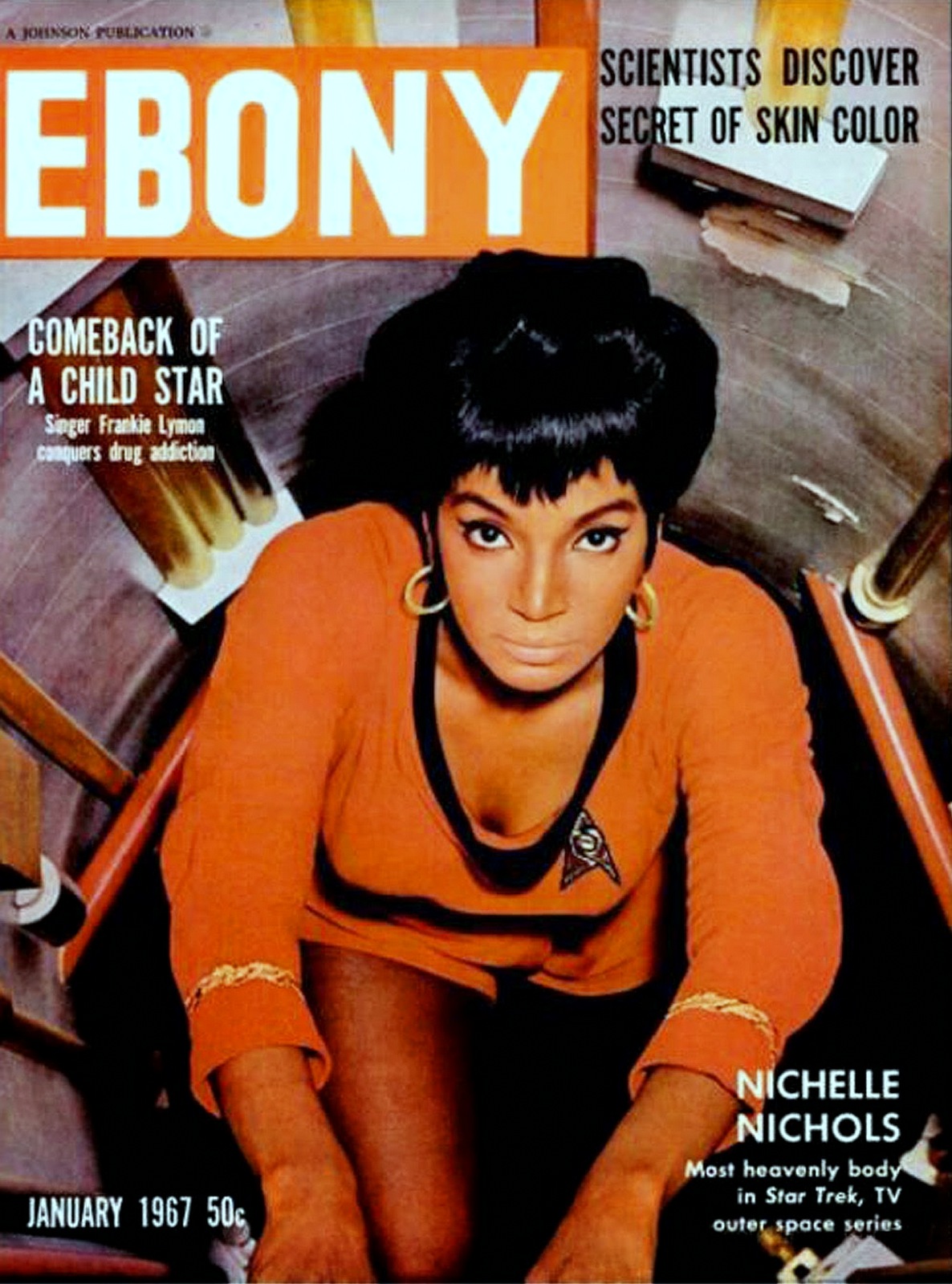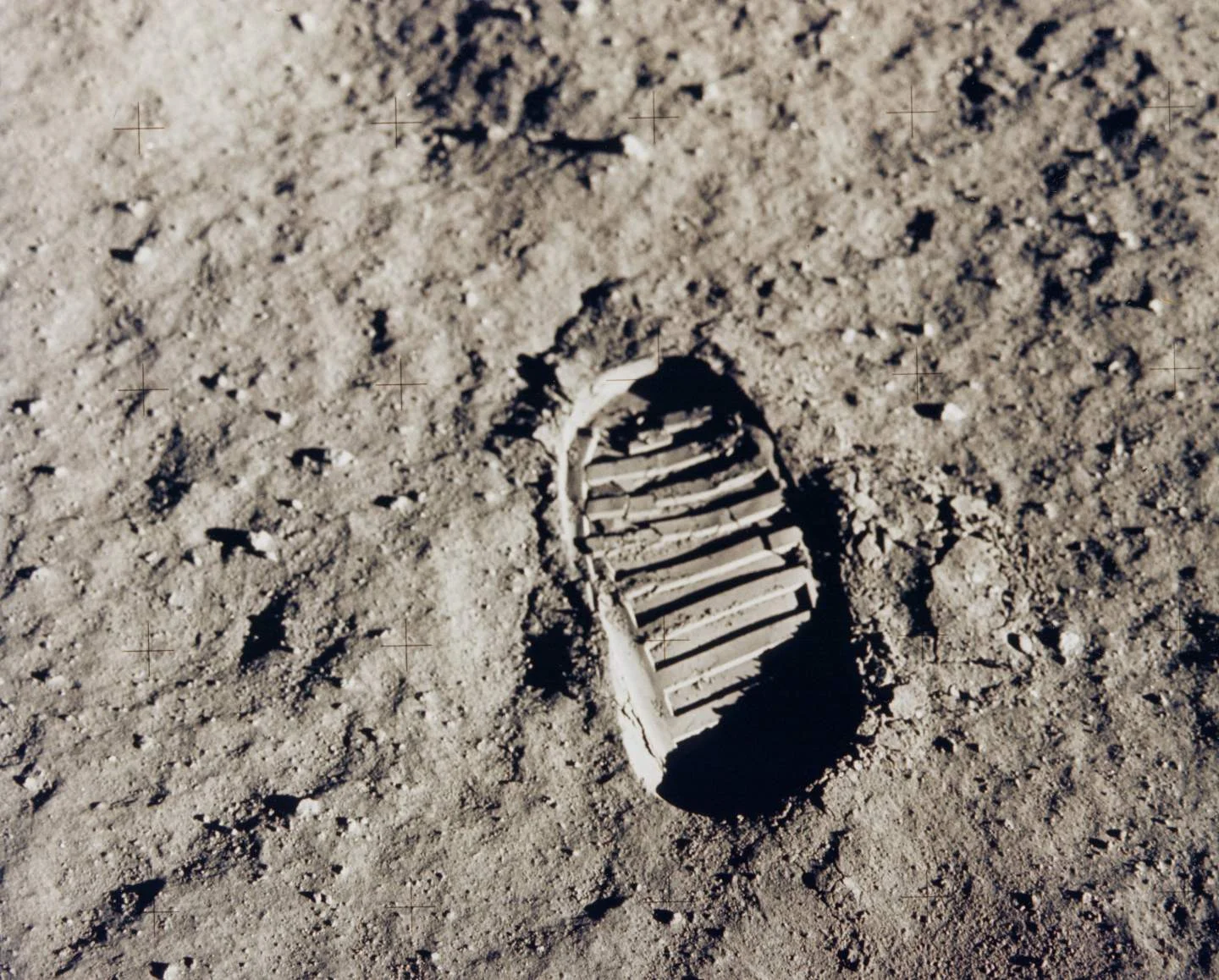
MOON LANDING IN CONTEXT
This project contextualized the Moon Landing within the historical, social, and cultural framework of the Sixties, specifically the period from 1962, President Kennedy’s speech at Rice University, to 1972, the year of the last Apollo Mission.
The project, that developed from July 2018 to December 2019, was directed by Dr. Irene Porro of the Christa Corrigan McAuliffe Center for Integrated Science Learning and benefited from the scholarly contribution of Framingham State University faculty, Smithsonian Institution experts, and scholars from other academic institutions to engage Framingham State students and Massachusetts communities.
Over eighteen months, the project engaged in panel discussions, lectures, exhibits, and student works to explore the history and social environment that were inevitably intertwined with the events that led to the Moon Landing or were affected by it. The project reflected on the impact that these events, collectively, had on today’s society and how they informed the way we are tackling today’s big challenges and those of the future. On December 6, the project concluded with the Sustainable Space, Sustainable Earth: From Ideas to Action symposium. You may visit the symposium page for more information, and do not forget to check out all of our past events!
StoryCorps: On July 20, 1969, Neil Armstrong and Buzz Aldrin became the first people to land on the Moon, but this was not the only notable event to occur in the world in the 1960s. Where were you and what were you doing in summer 1969? Tell us YOUR story!
PAST EVENTS
Use the arrow buttons below to view past events.
At the end of the Moon Landing in Context’s 18-month exploration of the historical, social, cultural, political, and policy contexts of the Apollo era, this one day symposium brings together a multidisciplinary group of renowned scholars to illustrate the urgency to focus on space sustainability that is the secure, sustainable, and peaceful use of space for the benefit of planet Earth and all its peoples.
Dr. Muir-Harmony traces the politics of Project Apollo, from President John F. Kennedy’s call in 1961 to win the battle “between freedom and tyranny” with lunar exploration, to President Richard Nixon’s “Moonglow” diplomatic tour of southeast Asia in 1969, and considers how Apollo-era space diplomacy should inform space policy today.
The Space Age made clear the complicated consequences of living in an interdependent world and gave us dramatic, new perspectives on planet Earth. One was to address the centuries-long legacy of colonialism as decolonization. The other was the role of human activity in changing the physical system of the Earth, altering fundamentally our climate. We are entangled in fraught challenges of our past, present, and future. Dr. Collins invites us to consider how we might make choices as individuals, communities, and nations that resolve the issues before us.
Dr. Weitekamp invites us to explore the impact of Lt. Uhura on American culture and society. Introduced in Gene Roddenberry's original television program in 1966, Lt. Uhura is arguably the most historically significant character of the Star Trek franchise. As a woman of color depicted in popular culture, in a period of tremendous change for African Americans and women in the United States, she both evoked and played against the contemporary historical context.
Family-friendly activities, planetarium shows, and a special film screening on the 50th anniversary of the Apollo 11 Moon Landing. Event organized and coordinated by the McAuliffe Center and the MetroWest STEM Education Network.
After an introduction by Dr. Wilkes, Senior Astrophysicist and Director of NASA’s Chandra X-ray Center, Kowal Arcand and MacDonald will present an original, full dome planetarium production they created to celebrate the 20th Anniversary of the launch of the Chandra X-ray Observatory.
Dr. Battat will share updates on the precision tests of gravity with the Apache Point Observatory Lunar Laser-ranging Operation (APOLLO) project that uses Apollo-era mirrors left on the lunar surface. The talk is introduced and complemented by a full dome planetarium presentation by Mary MacDonald of the McAuliffe Center.
In 1957, the first Sputnik propelled the USSR to leadership in space. Shocked, America mobilized to demonstrate its technology surpassed Russia's - a furious, decade-long race ensued. But, it wasn't obvious until the finish line that Neil Armstrong, and not Alexei Leonov, would be first to walk on another world. Join Dr. McDowell in an exciting review of the events that marked a pivotal moment in history.
Drawing on a vast array of black women's artwork, political cartoons, manifestos, and political essays that they produced as members of groups, such as the Black Panther Party, founded in 1966, and the Congress of African People, founded in 1970, Farmer’s talk shows how black women activists reimagined black womanhood, challenged sexism, and redefined the meaning of race, gender, identity, and Black Power.
Wernher von Braun, who led both the V-2 ballistic missile and Saturn V moon rocket projects, has often been reduced to a stereotype: either as the great pioneer of space or a Nazi villain. From Dr. Neufeld’s research, a much more ambiguous and complex figure emerges, instead.
Begun in 1969, published in 1971, and named by the United States Library of Congress as one of 88 books that shaped America, Our Bodies, Ourselves grew out of the second wave Women’s Movement and brought new perspectives on women, health, and sexuality into mainstream discourse. This joint presentation by co-author of the original book, Judy Norsigian, and Aziza Ahmed, who is familiar with more recent editions of the book, will explore the book’s impact both then and now, as the book celebrates its 50th anniversary.
Dr. Lewis and Dr. Newman will explore the evolution and development of space suits from both engineering and historical and cultural points of view. Panelists will also discuss how challenges of future space missions are changing the design of the suits.
Framingham State faculty will explore the 1968 events that had a major influence on shaping the historical, social, and cultural landscape of the decade 1962-1972, characterized the years of the Apollo program, and still have an impact on today’s world. The conversation will focus on the Vietnam War, social movements, visual arts, and education reforms.
Earthrise, a documentary film by Emmanuel Vaughan-Lee, tells the story of the iconic image of the Earth taken from space in 1968 on Apollo 8. Told solely by the Apollo 8 astronauts, the film recounts their experiences and memories and explores the beauty, awe, and grandeur of the Earth against the blackness of space.
Come hear Alex Gourevitch, Associate Professor of Political Science at Brown University, discuss the radicalism of Martin Luther King, Jr.'s civil disobedience. King was no moderate. Assassinated while supporting a major strike, King is best seen as part of the 1968 revival of a long tradition of mass law-breaking that we can trace backwards through a hundred years of labor radicalism.
1969: revolution was stirring around the world. In the United States, spurred on by the Anti-war, Women’s, and Black Power Movements, the Gay Liberation Movement was born. Half a century later, the LGBTQ Movement is very different. Come hear activist, author, and Harvard Professor Michael Bronski discuss the forgotten history of Gay Liberation and what it means for us today.
We invite Congressman Kennedy to offer a reflection on President John F. Kennedy’s exhortation “We choose to go to the Moon in this decade and do the other things, not because they are easy, but because they are hard.”
How do we channel the same spirit to trigger in us an urgency to tackle the great challenges of our world today? Framingham State University students will lead a conversation that focuses on climate change on topics that range from community resilience to global awareness, from climate refugees to climate justice, and from economic impact to policy action.
This exhibition of Michael Dixon’s current work illustrates recent developments in African-American art by focusing on transformations of racial and interracial identities. Audiences will see how Dixon’s work visually changes from the civil rights era of the Sixties, which emphasized African-American accomplishments and the establishment of rights, to later forms that address self-reflection and individual identity.
Frank White will discuss the little-known fact that President John Kennedy wanted Apollo to be a multi-national mission, not a “space race.” Think of the impact on history if the astronauts on Apollo 11 had been Russian and American. That was President Kennedy’s dream, cut short by his untimely death.




















